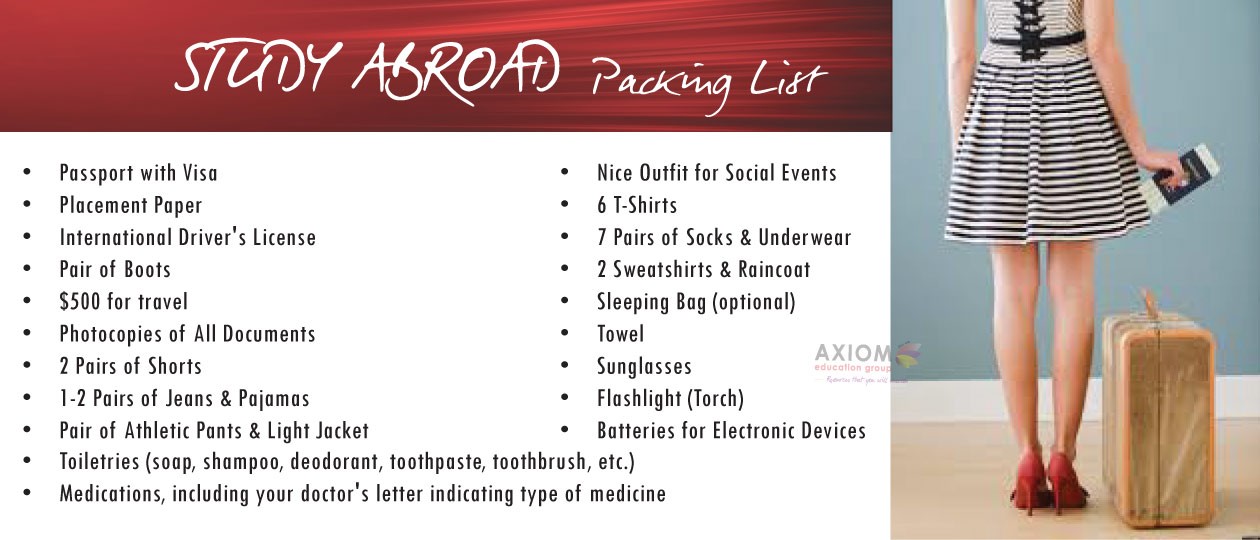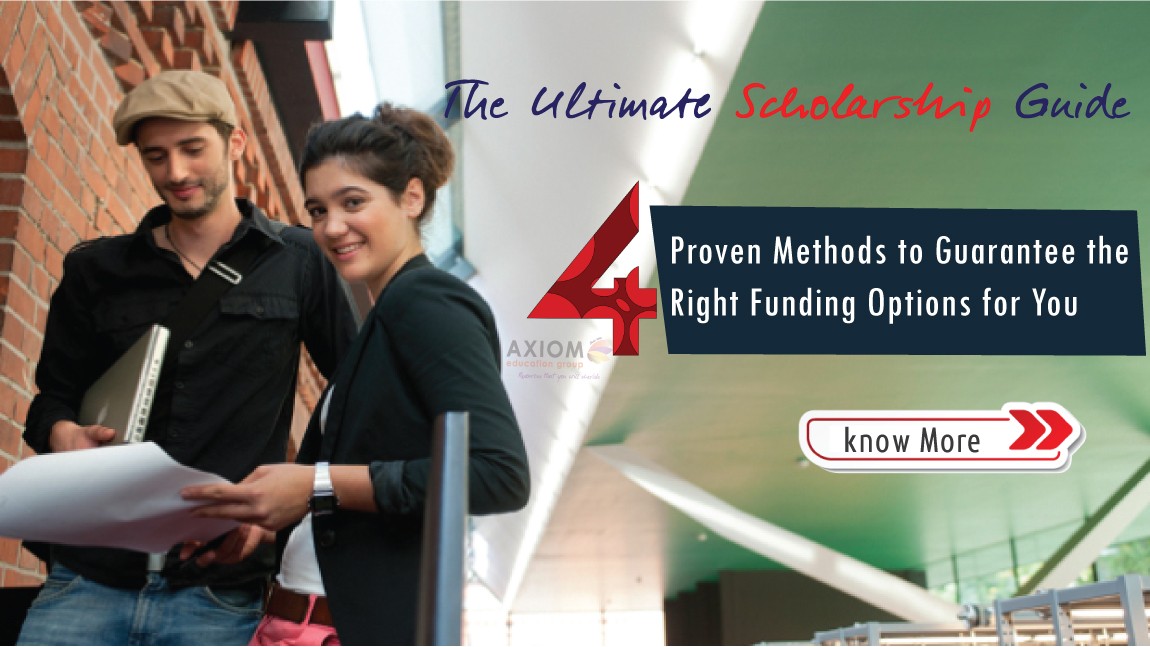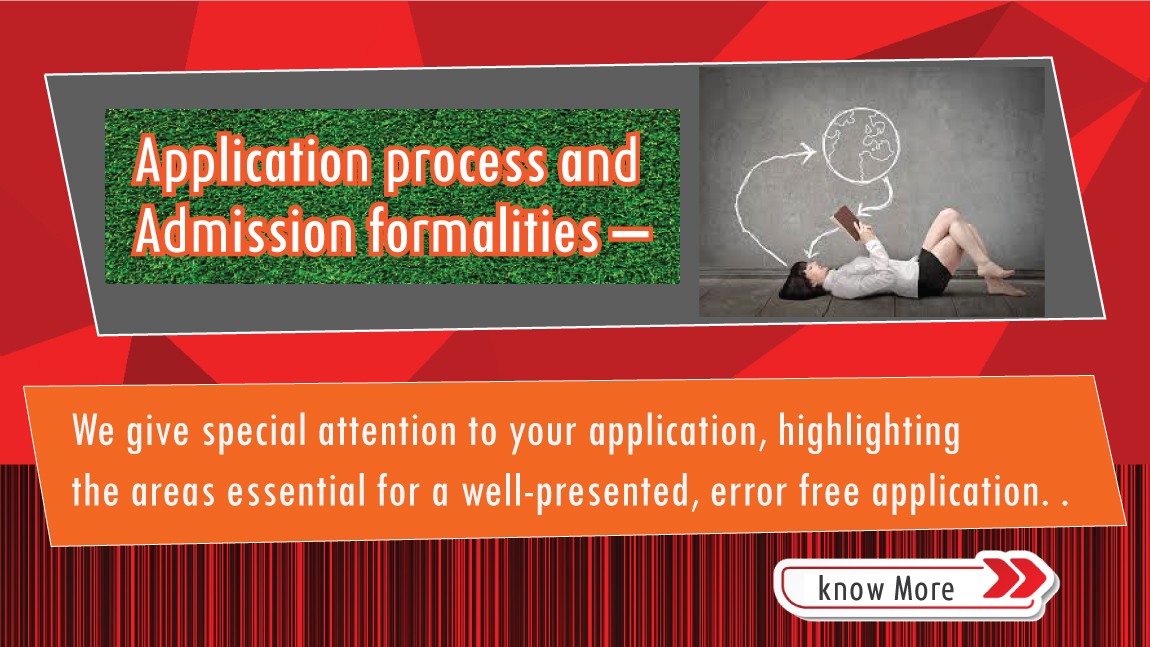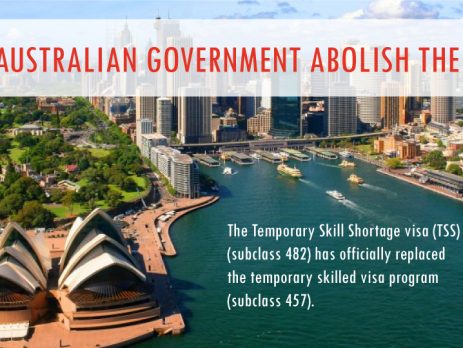Write a Successful Motivation Letter for your Masters
It is very common nowadays that European universities that offer different international Masters degree programs, ask applicants to send a number of important documents like C.V, transcript of records, Bachelors degree diploma, language certificate, etc. but one of the key documents required that might make the difference and assure you a place in your desired Masters program is the motivation letter.
The motivation letter (or cover letter) is probably the most personalized document of your application considering that you actually get the chance to write a presentation about yourself accompanying your CV. By requiring a motivation letter, the Master’s recruiting committee offers you the chance to prove yourself in a short document shaped like a letter in which you are supposed to give some relevant and interesting insights about yourself, prove that you are the right and most motivated person to be chosen for participating in the program.
Writing such a letter can prove to be sometimes tricky and challenging for some applicants who often find themselves wondering how the letter should look like, what it should contain and how to convince coordinators that they are the right ones to be chosen for the program.
The internet is packed with different websites that offer tips and tricks on such letters. By simply typing motivation letter on any of the consecrated search engines you will find a vast number of examples of different motivation letters with structural and content details.
This article will focus on a few key points drawn from personal experiences that proved effective in my case and will hopefully be useful in helping you write a good cover letter:
Do your homework
Before starting on your motivation letter it is best you find out as much as possible about the university that is offering the Masters programme and about the program itself. Usually, the universities’ website is pretty clear and informative about their requirements, expectations and about what qualifications and qualities they hope their candidates have. Knowing a little bit about their requirements, about their main projects, activities personal philosophy and interests will help you get an idea of what your letter should contain. Relating to the main activities and interests of the university will definitely help start positive cooperation.
Ideas and main points
Start with writing down some of the main ideas, important points you would like to approach in your letter and later build around them, enrich their content; an example would be :
![]() Make your goal clear; provide a short preview of the rest of the letter.
Make your goal clear; provide a short preview of the rest of the letter.
![]() Why do you think that the university and the Master’s program are interesting and suitable for you?
Why do you think that the university and the Master’s program are interesting and suitable for you?
![]() Focus on some of your strongest qualifications, past experiences (international experiences are always relevant) and qualities; organize the middle paragraphs in terms of the qualifications most relevant for the program, you can also refer to your CV for more details.
Focus on some of your strongest qualifications, past experiences (international experiences are always relevant) and qualities; organize the middle paragraphs in terms of the qualifications most relevant for the program, you can also refer to your CV for more details.
![]() Conclude by restating your interest and show appreciation for the chance to prove yourself in the letter (in some cases you can ask for a personal interview).
Conclude by restating your interest and show appreciation for the chance to prove yourself in the letter (in some cases you can ask for a personal interview).
Personal & Original
Give your readers some insight into you as an individual. Remember this is a very personal document in which you are expected to prove that you are different from the rest of the applicants and that your qualities, skills, and qualifications make you suitable for participating in the program. Although it might be sometimes helpful to have other examples, do not copy other letters you have seen and try to be original, it will help a lot! Also, avoid bragging too much about yourself. You are not expected to present yourself as a superhero but rather be objective and realistic.
First impression
Whether it is the way your letter looks, the way it is organized and structured in paragraphs, the font size, the length of the letter or even the first paragraph, the first impression always counts!
Be professional and consistent
Present your letter in a professional format, style, and grammar. Have it checked for spelling mistakes and be consistent (e.g. use the same font, the same abbreviations throughout the letter, etc.)
Other opinions and advice
It is always a good idea to ask your friends, a teacher or someone who has already done such an application for advice. Usually, you can get in touch with students who are already doing the Masters programme you are applying for and they can give good advice not only on what to include in your motivation letter. However, as already stated before remember to be original and avoid copying other letters!
All these presented key points can prove effective and help you write successful motivation letters but in the end, your personal touch and knowledge is what matters and makes the difference. A good motivation letter will always be successful if the applicant is really interested and willing to get the desired place in the Master’s program of his/her choice. What you really need is to trust in yourself and try it and if you are not successful the first time keep on trying because you will for sure make it.
Good luck with your applications!


















 Do This to Get Great Recommendations
Do This to Get Great Recommendations Double Check Eligibility and Application Requirements
Double Check Eligibility and Application Requirements Print it Out and Read Everything Out Loud
Print it Out and Read Everything Out Loud Apply Early
Apply Early

